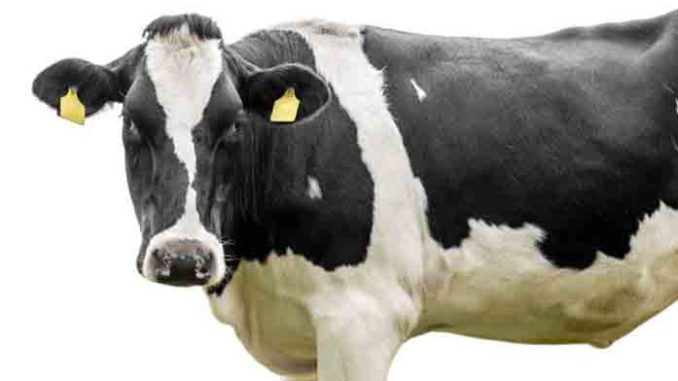
By Jordan Williams
PHOENIX —Is it really meat? Rep. David Cook (R-08) wants to make sure you know what meat is, by law. But others — including proponents of vegetarian meat-free products that use the word “meat” — say the English noun meat does not belong to the industry.
Cook introduced House Bill 2604, which amends current law banning labeling any meat not made from livestock as “meat,” as well as calling any product not derived from harvested production as “poultry.”
“The bill is to protect the consumer’s confidence in that, when they go out and purchase meat, that is exactly what they’re purchasing,” Cook said. “For their consumption and for their safety.”
Cook, a rancher himself, said he is concerned is about “fake meat,” or a new market of products advertised as “meat,” that are either plant-based or genetically grown.
“It’s not raised, it’s not our traditional standard, it’s something different,” Cook said. “Why should the consumer, under false pretenses, be made to think what they are purchasing, and consuming is something that it’s not?”
According to the Good Food Institute, a trade group, the plant-based alternative market is worth over $3.7 billion, and sales of plant-based meat grew 23 percent in the past year. Its website says, “Food scientists are examining animal products at the molecular level and sourcing plants with matching proteins and nutrients to create delicious plant-based meats, eggs, and dairy products that are healthier and more sustainable than conventional animal products.”
But the issue for the livestock industry is labeling. What qualifies as meat, and what does not, under the law? Under federal legal standards, meat is defined as “the part of the muscle of any cattle, sheep, swine, or goats which is skeletal or which is found in the tongue, diaphragm, heart, or esophagus.” Arizona defines meat the same way.
Some plant-based foods on the market that do not meet these criteria have been labeled “meat” by manufacturers. Mark Dopp, senior vice president of policy for the North American Meat Institute, said that this is an issue.
“You can’t have plant-based sausage, by definition,” Dopp said. “It’s not legal, it’s that simple.”
In addition to “plant-based meat,” there is also “cell-based meat,” which is meat grown from the cells of livestock, according to Elan Abrell, senior regulatory specialist for the Good Food Institute.
“There’s nothing else that you could honestly call it, other than meat, if you wanted to be clear to consumers,” Abrell said. “It would have the same physiological impact on the people who eat it, especially including people who have allergies.”
Because of preemption measures in federal laws defining meat, Cook’s bill might not have an impact on cell-based meat because it has a qualifier defined under federal law, according to Dopp.
However, according to Cook, there are still questions surrounding the safety and production of cell-based meat. Cook owns a ranch and teaches quality-assurance programs to other cattle-beef growers. From his own experience, he knows of all the safety measures cattle have to go through for it to be safe for human consumption, including what happens if a cow gets sick.
According to Abrell, these questions are already answered. There is no reason to use antibiotics in plant-based products, cell-based meats have to be grown in a sterile environment.
Arizona is not alone in introducing this legislation. Fourteen other states have introduced legislation along these lines, Dopp said.
The Good Food Institute is against Cook’s bills, and other bills like it because, according to Abrell, it’s already against federal law to deceive consumers, and there’s no deception happening in the market.
“It’s unconstitutional to pass a law censoring speech, even commercial speech, simply to privilege one industry over another,” Abrell said.
 Abrell also noted that plant-based meats are regulated under the Food and Drug Administration and have modifiers to specify exactly what they are made from.
Abrell also noted that plant-based meats are regulated under the Food and Drug Administration and have modifiers to specify exactly what they are made from.
Missouri is the only state that passed the legislation last year, and has settled a lawsuit over
the matter.
The lawsuit, filed by Turtle Island Foods on behalf of the Tofurky Company and the Good Food Institute, argued that the Missouri law infringed on free speech and was an attempt to thwart the plant-based foods industry’s growth.
Cook said he wants to avoid that with sharper focus. “You start off on a solid foundation of ‘what is your number-one thing?” Cook said. “It is not to protect the industry, it’s to protect the consumer’s confidence and their health.”
